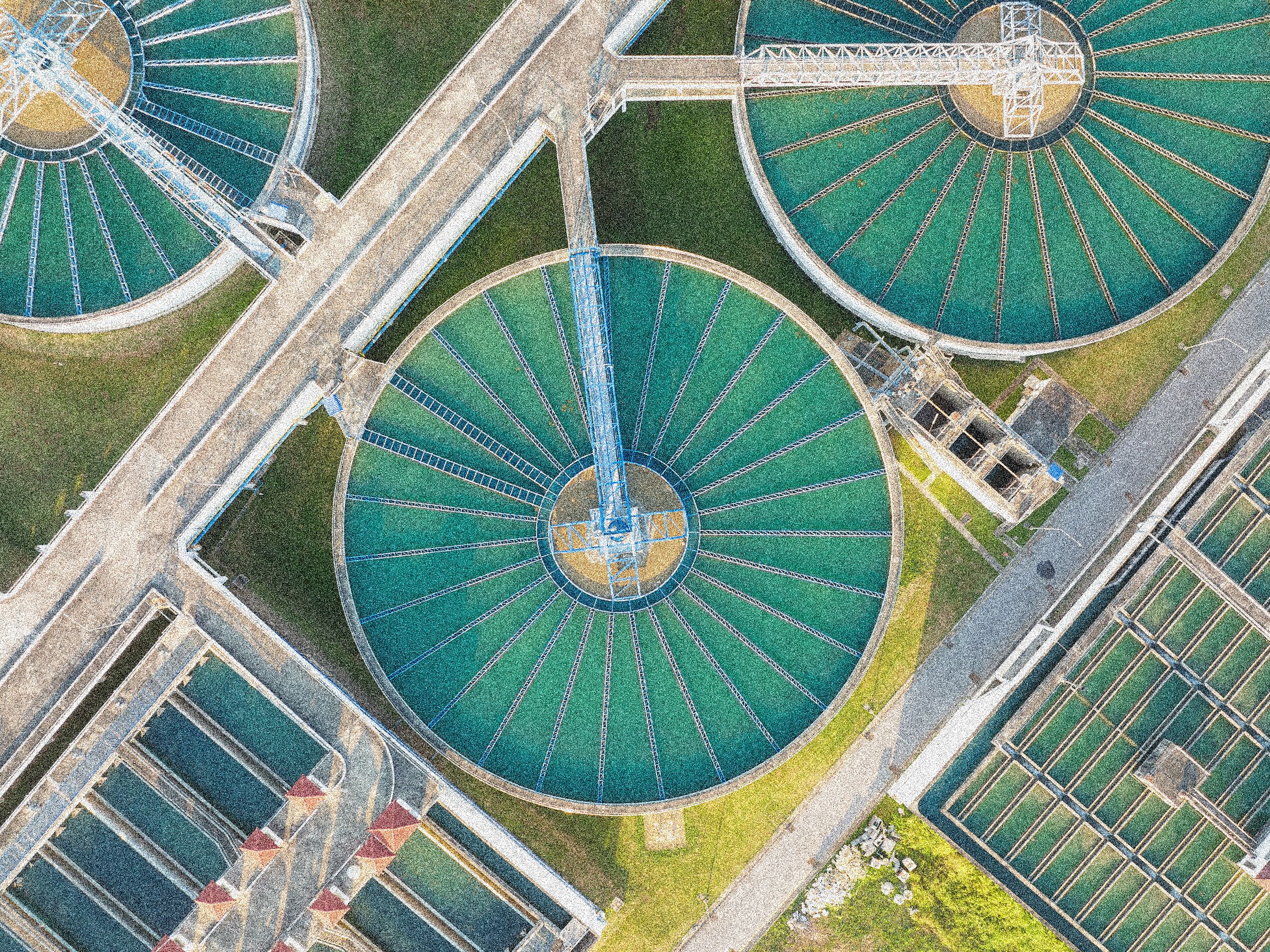Does Your City Use Chlorine or Chloramine to Treat Its Water?
…

Does Your City Use Chlorine or Chloramine to Treat Its Water?
When it comes to water treatment, cities have two main options: chlorine or chloramine. Chlorine is a powerful disinfectant that has been used for over a century to kill harmful bacteria and pathogens in drinking water. It is effective at quickly eliminating contaminants, but it can also react with organic matter in the water to form disinfection byproducts that are potentially harmful to human health.
On the other hand, chloramine is a combination of chlorine and ammonia that is used as a secondary disinfectant in many water treatment plants. It is more stable than chlorine and remains in the water system longer, providing longer-lasting protection against bacterial regrowth. However, some studies have shown that chloramine may have negative health effects, particularly for people with certain medical conditions.
So, which method does your city use? The best way to find out is to contact your local water utility or check their website. They will be able to provide you with information on the type of disinfectant used in your water treatment process. It’s important to stay informed about the water quality in your area and to understand the potential risks associated with different disinfection methods.
Regardless of whether your city uses chlorine or chloramine, it’s always a good idea to filter your drinking water at home to remove any residual contaminants. There are many affordable and effective water filtration systems available on the market that can provide an extra layer of protection for you and your family.
Remember, clean and safe drinking water is essential for good health, so make sure you know how your city treats its water and take steps to ensure your own water is as clean and safe as possible.




